How To Trade on Pocket Option: Step-by-Step Guide
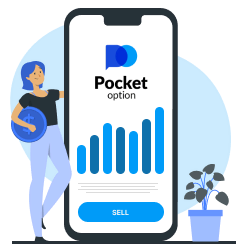
If you have been looking for a reliable binary options broker, it is time to consider Pocket Option, just for the trading seamlessness it brings to the table.
Throughout this piece, I shall help you make better sense of Pocket Option’s trading space, all while handholding you through the live account, demo account, making transactions, booking profits, implementing risk management strategies, and more.
Read along if you are serious about trading binary options and haven’t been able to locate the right platform. This time, we might just have some good news in our pocket, no pun intended.
How to Get Started on Pocket Option
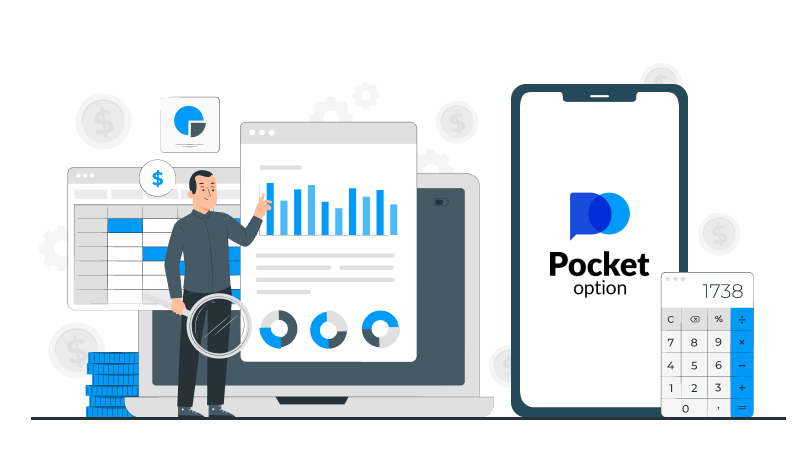
Before you get to trade, you need to have an account. Here are the quick steps for the same:
- Go to the official Pocket Option website.
- Ensure you are on the correct website to avoid phishing scams.
- Locate the “Sign up” tab, which is masked as Registration on Pocket Option
- Click, supply the required info, and hit enter. Do note that you can even sign up using your social credentials.
- Check your email inbox for a verification email from Pocket Option.
- Click on the verification link to activate your account.
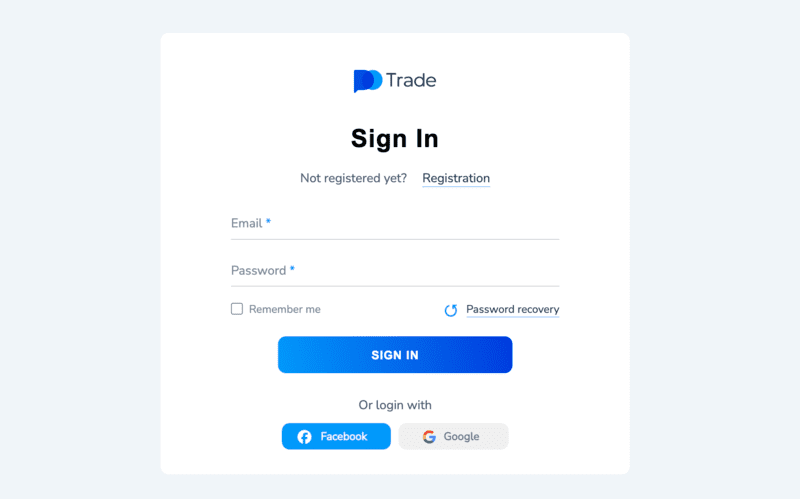
Creating an account
Register first and start trading later!
- Etoro Review: A CFD and Forex Broker with a Social Trading Opportunity
- Top Bitcoin Holders: Who Owns the Most Bitcoin (2024)
- E*Trade Review 2024: Should you sign up with this broker?
- AMarkets Review: A Top-Down Analysis of a Premier Forex Brokerage
- TradeZero Review 2024: Is it a legit broker?
- How to Get Approved for Options Trading (Any Experience Level)
Knowing the Demo Account
Even though it is easy to start with binary options, knowing the details and process is advisable first. You are better off testing the trading strategies using a demo account first before using your hard-earned money to generate profits.
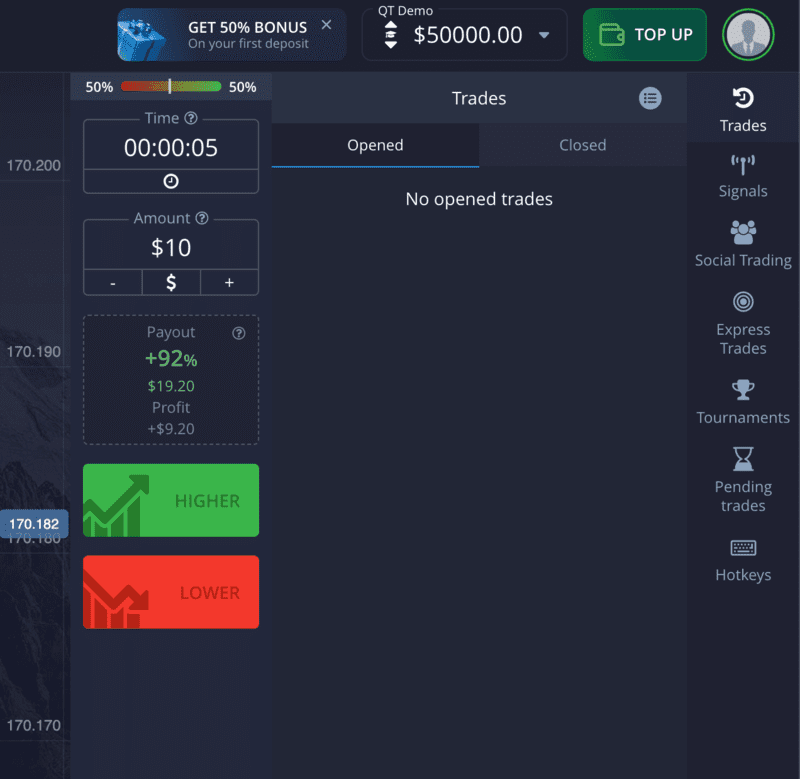
Demo account, virtual funds, and the payout screen
Pocket Option provides $50,000 worth of virtual funds to help you trade, all while experiencing risk-free learning.
Start using the demo account first!
Account Funding: You Need Funds to Trade
Before you can start trading, you would need some funds in your live account. Here are the steps that can help you handle deposits with ease:
- Once you are inside the dashboard, click the profile icon to locate “deposit” or simply hit the “Top Up” tab. Note that you can fund only the real trading account.
- The account top-up option offers many options, such as popular, card-based, e-payment-specific, crypto-specific, and more.
- The best thing about funding your Pocket Option account is that each deposit method has a minimum limit and approximate time written against it.
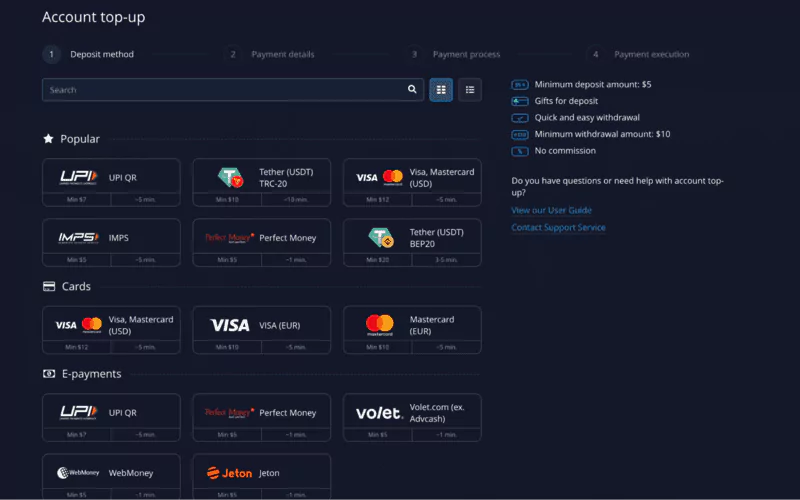
Multiple Deposit Options
Make your first deposit today!
Navigating the Dashboard
Once you have funds, you can start trading. But for that, you should be familiar with the dashboard. Here are the key elements to know about:
- Trading: The main area where you execute trades, view charts, and analyze assets.
- Finance: Manage your deposits/withdrawals and view your transaction history.
- Profile: Update your personal information, account settings, and security preferences.
- Support: Access customer support, FAQs, and educational resources.
Sorted! Let us get to the trading steps:
- Use your credentials to access your Pocket Option account.
- Identify where the trading tools, such as charts and indicators, are located.
- Choose the asset you want to trade
- Choose the chart type
- Add the relevant technical indicators
- Select the right and relevant timeframes
- Save your customizations to use the same set of insights for the next trade.
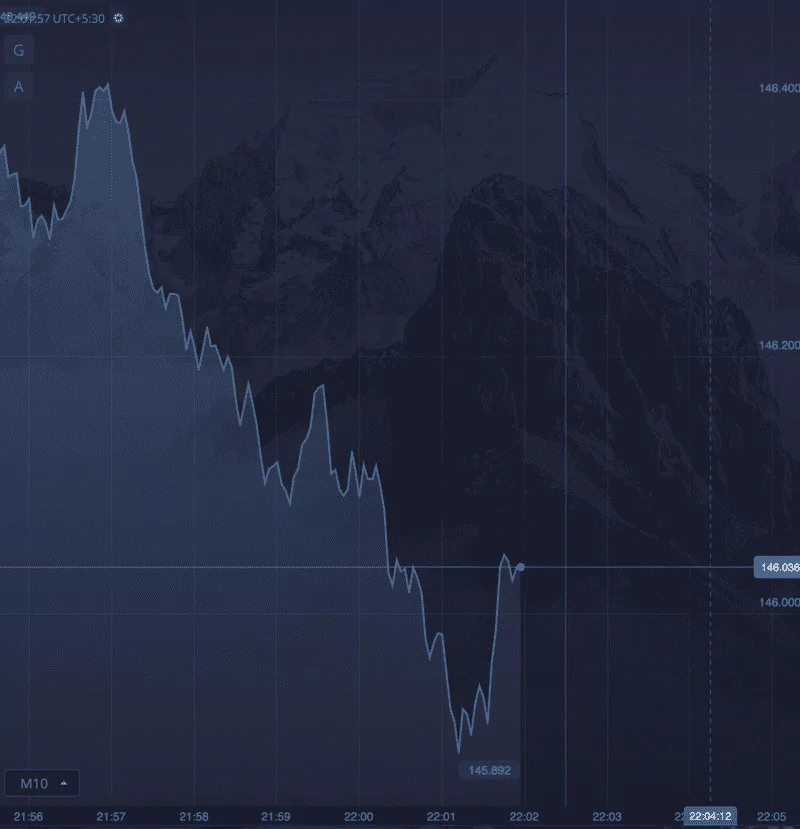
Available Charts and Tools
You can check the status of your placed trade in the “Trades” section, stacked on the right side of the page.
Pocket Option has a tool termed “Express Trades” where you need not open the charts but can simply access the asset and bet on the higher or lower price to start trading.
Head over to the website, sign up, and navigate the dashboard.
What Else Can You Do While Trading on Pocket Option?
We discussed the standard trading setup. However, if you explore the platform deeper, you can always play around with the direction of the trade (the very nature of binary options) and the expiration time.
With expiration time, you can choose the duration you want the trade to remain active (e.g., 1 minute, 5 minutes, 1 hour).
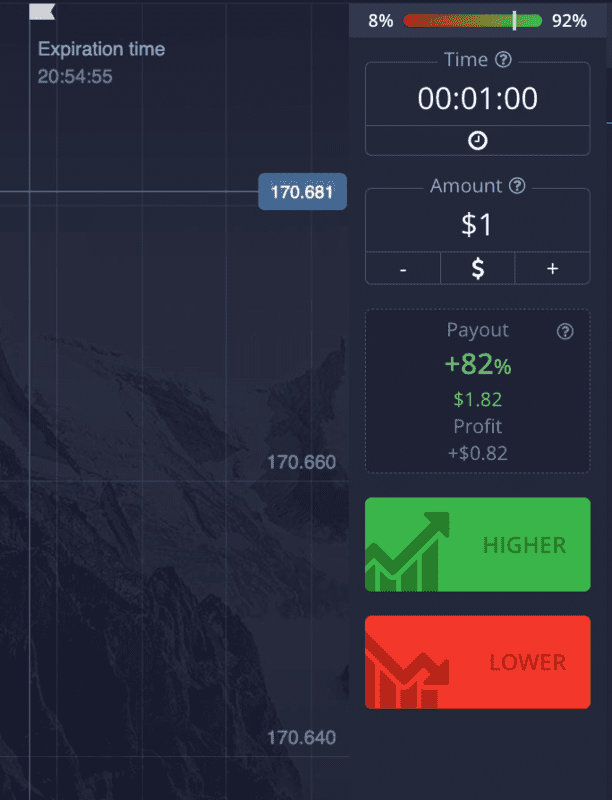
Playing around with the expiration time
Risk Management
As for risk management, you can play around with stopping loss and automatically taking profit to close trades. These tools are integrated within the Pocket Option interface and are easily accessible.
Before proceeding with any trade or asset, you should check the payout percentage. The payout represents the profit percentage you earn upon a successful trade.
How To Close Trades and Withdraw Profits on Pocket Option?
A crucial part of trade placement is profit booking. In case you have made a successful trade and the amount gets credited to your Pocket Option wallet, you can make quick withdrawals. However, to withdraw, you must verify your account first — the standard KYC stuff.
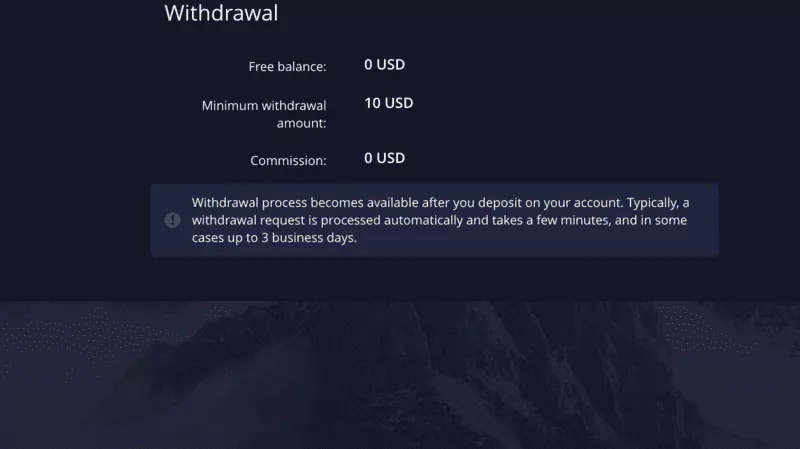
Withdrawing funds on Pocket Option
As for the options, the same set of deposit choices apply even to withdrawals. Yet, here are the most popular ones:
- Credit/Debit Cards: Visa, MasterCard
- E-Wallets: Skrill, Neteller, WebMoney
- Cryptocurrencies: Bitcoin, Ethereum, Litecoin
- Bank Transfers: Direct transfer to your bank account
Final Thoughts
Trading on Pocket Option isn’t complex. Furthermore, unlike other brokers, no KYC verification is needed to fund and place the first trade. And that’s not it. If you are not a professional and confident trader, there is the social trading option, allowing you to copy successful trades.
And that ensures you always have the best trading chops available at your disposal, regardless of your experience.
- How Much Money Can Forex Traders Make Per Day?
- 10 Questions Everyone is Asking about Bitcoin
- The Complete E*Trade Review 2024
- Mastering Candlestick Patterns: Tips for Profitable Trading
- IFC Markets Review 2024: Read this before opening an account
- What is Trend Trading and the Different Types of Trends?


 Login with Google
Login with Google